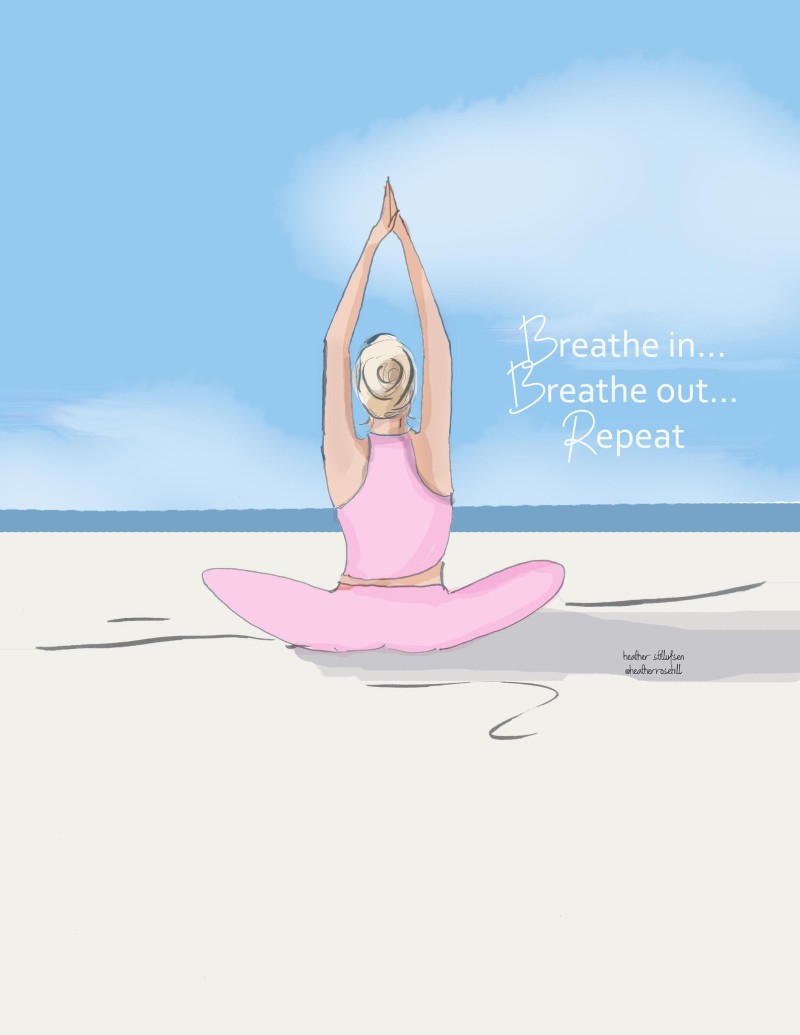
Tired of feeling tired? You are not alone. Many people carry a steady weight of fatigue through busy days, juggling work, family, and life admin. It can blur your focus, pull down your mood, and make simple tasks feel heavy.
Fatigue is more than a mid-afternoon slump. It is a lingering lack of energy that sleep alone does not always fix. Common triggers include poor sleep, stress, dehydration, and patchy eating habits. The good news is that small, steady changes can help your body and mind recover energy.
Rest-Do Days is a practical guide to finding a balance between resting and doing, so you can recharge your energy, while doing things important to you. It’s aimed at people with MS, rheumatoid arthritis, lupus, vasculitis, Parkinson’s and other chronic autoimmune diseases. By an occupational therapist.
Spot the Main Causes of Your Fatigue
Fatigue often builds from everyday choices. A few tweaks, paired with honest tracking, can reveal what helps and what harms. Keep a brief journal for one week. Note wake time, meals, water, stress points, movement, and energy from 1 to 10. Patterns will appear.
See your GP if fatigue lasts more than a few weeks, stops you from daily tasks, or comes with weight loss, chest pain, shortness of breath, heavy snoring, or low mood. Medical issues like anaemia, thyroid problems, sleep apnoea, or infections may need attention.
How Poor Sleep Steals Your Energy
Most adults need 7 to 9 hours of sleep. The sweet spot varies, but signs of poor sleep are clear: you hit snooze several times, nap out of need, rely on caffeine, and feel cloudy by mid-morning.
Quick checks:
- Screens late at night: Blue light keeps your brain alert. Aim to stop screens 60 minutes before bed.
- Irregular bedtimes: Shifting by hours confuses your body clock. Keep a stable window, even on weekends.
- Overheating: A cool, dark room helps. Aim for about 18 degrees Celsius and reduce noise if possible.
The Role of Diet and Hydration in Fighting Tiredness
Food is fuel. Not all fuel burns the same. Large swings in blood sugar can cause peaks and crashes. Water matters as much as food. Even mild dehydration can sap focus and energy.
- Helpful: Whole grains, lean protein, beans, nuts, plant yoghurt, colourful vegetables, fruit, and water.
- Draining: Sugary drinks, heavy fried meals, alcohol close to bedtime, and oversized portions that sit in your stomach.
Simple portion ideas:
- Half the plate vegetables, a quarter protein, a quarter whole grains.
- A fist-sized carb portion, a palm-sized protein portion, a thumb of healthy fats.
Quick Spike or Steady Energy?
- Porridge is slow-releasing and much better to keep you fill.
- White toast with jam gives a short lift, followed soon after by hunger.
- Water gives steady hydration and table focus
- A sugary drink gives a quick spike, then a crash
Stress and Its Hidden Drain on Your Stamina
Stress nudges your body into fight or flight. Heart rate rises, breathing quickens, and sleep takes a hit. Over time, this constant alert state wears you down.
Try brief self checks:
- What made my shoulders tense today?
- When did my mind race the most?
- Which tasks drag my mood down every time?
Name the stressor, then choose one response: reduce it, share it, schedule it, or let it go. Even small wins restore energy.
Habits to Restore Your Energy Levels
Lasting energy comes from routine. You do not need a full lifestyle overhaul. Start small, stack one habit on another, and stay patient. A few minutes each day can shift your baseline.
Set Up a Calming Bedtime Routine

Treat bedtime as a gentle landing, not an abrupt stop. Your body reads cues, so give it clear ones.
- Write a quick to-do list for tomorrow to offload racing thoughts.
- Dim the lights 60 to 90 minutes before bed to cue melatonin.
- Power down screens and charge your phone outside the bedroom if you can.
- Read a few pages of a paper book or listen to soft music.
- Keep the same sleep window every day, even on weekends.
Why this works: consistency sets your body clock. After a week or two, you may fall asleep faster and wake with less fog. Better nights build better mornings.
Example: If you usually scroll until midnight, shift to a 10.30 pm wind-down. Lights low at 10, phone away, stretch, then read. Keep it simple and repeatable.
Incorporate Short Walks into Your Day
You do not need a gym session to feel a lift. A brisk 10 to 15 minute walk raises circulation, wakes the brain, and reduces muscle stiffness. It can also reset a tense mood.
Easy ways to fit walks in:
- After meals to aid digestion and reduce afternoon dips.
- During calls, using headphones while you stroll.
- At the half-time point of TV or during kettle boils.
Keep it friendly: trainers by the door, a light jacket ready, and a default route. If motivation drops, tell yourself you only need five minutes. You will often keep going.
Plan Meals That Fuel Steady Energy
Build meals that release energy slowly. This reduces spikes and crashes, which keeps you brighter for longer.
- Balance each plate: plant protein, fibre, and healthy fats together slow digestion.
- Eat at regular times to avoid extreme hunger and overeating later.
- Prep simple staples: cooked grains, washed salad leaves, chopped veg, boiled eggs, tinned fish, hummus.
- Snack smart: plant yoghurt with berries, a banana with peanut butter, nuts with an apple.
Real-life swap: replace a large, late dinner with a modest evening meal and a protein-rich lunch. Many people wake lighter and sleep better with this change.
Use Quick Fixes When Fatigue Hits Hard
Sometimes you need relief now. These fast tools help calm the body and top up energy. Use them as support, not as a daily crutch.
Try Deep Breathing to Reset Your Mind

The 4-7-8 method is simple. It helps slow your heart rate and improves oxygen flow. This tells your nervous system to relax.
How to do it:
- Breathe in through your nose for 4 seconds.
- Don’t hold your breath for medical conditions.
- Exhale slowly through your mouth for 8 seconds.
- Repeat 4 times.
You can do this at your desk, in the loo, or before a meeting. Many people feel a shift within a minute.
- Shoulder rolls: ease neck and upper back tension to boost circulation.
Take a Short Nap for Instant Recharge
A short nap can sharpen focus and improve mood. Keep it brief to avoid grogginess.
- Aim for 10 to 20 minutes. Set an alarm to avoid deep sleep.
- Pick a quiet spot: sofa, parked car in a safe place, or a break room.
- Early afternoon fits best, often between 1 pm and 3 pm.
- Pair with a coffee before lying down if you like. Caffeine kicks in as you wake, known as a coffee nap.
Avoid long naps late in the day, as they can disturb night sleep. If you rely on naps daily, review your bedtime and morning light to support a stronger sleep drive at night.
Simple Tips for Good Glandular Health

The Gland Factory is a book of glandular health tips, which often are linked to chronic fatigue.






